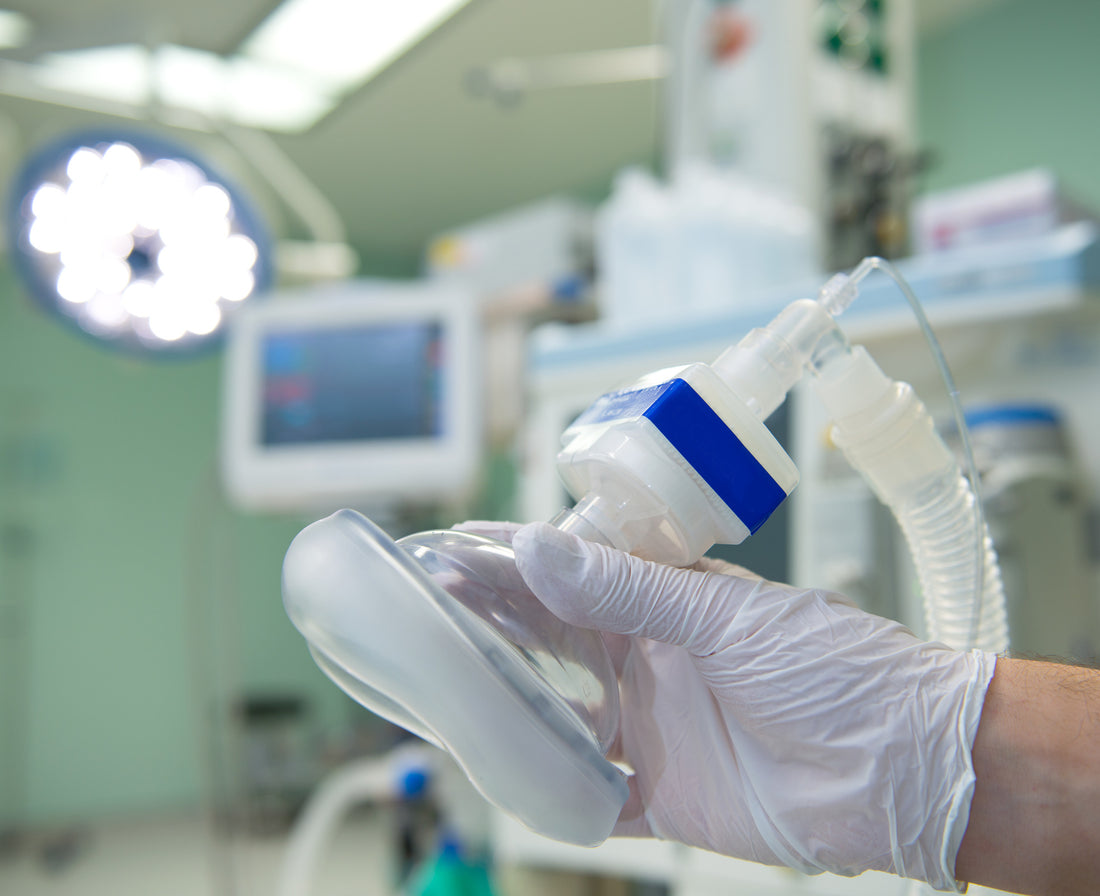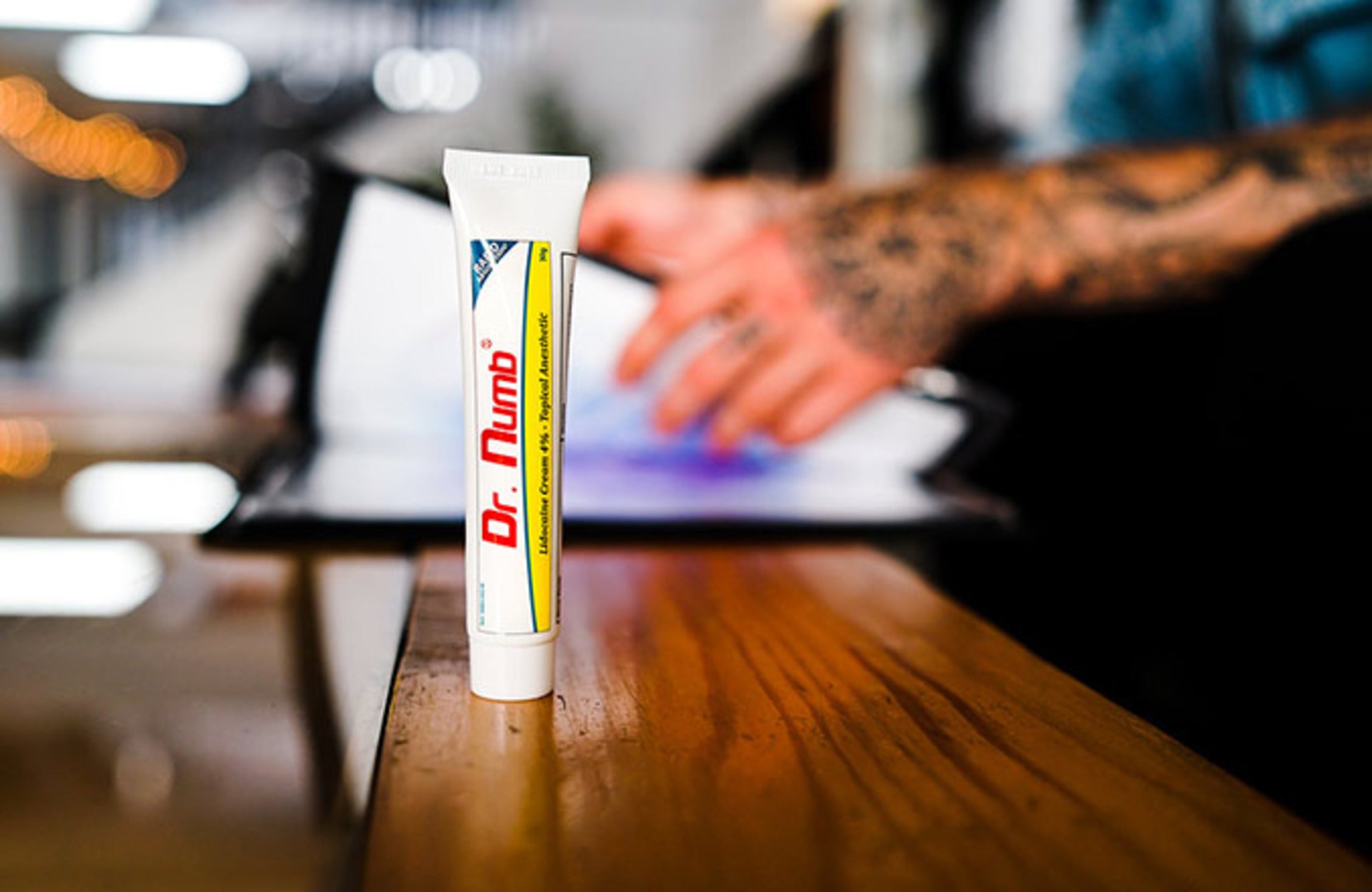The time it takes to fully wake up from anesthesia is a common concern for many patients who are about to undergo surgery. While most people wake up in the recovery room shortly after the procedure, the effects of the anesthesia can linger for a few hours or even days.
The medicines take a week to completely eliminate from your system, so most people won't notice much change after 24 hours. The recovery time can vary from person to person and depends upon several factors, such as age, overall health, surgery type, and medication dosage. As the anesthesia wears off, the body slowly awakens, but it may take a few hours, or even days, for some people to feel alert and fully functional.
In this blog post, we'll explore the duration of the anesthesia recovery period, side effects to watch out for, and potential complications that could arise.
How Long Does It take To Fully Wake Up From Anesthesia: 5 Factors

Several factors affect waking from general anesthesia, including patient age, anesthetic type, and dose. Individual differences in metabolism and drug clearance can also impact recovery. To ensure safe and effective recovery, anesthesia providers should closely monitor patients during the wake-up phase.
Drugs & Dose Administered by the Anesthesia Provider
The choice and dosage of anesthesia drugs significantly impact the waking up process. Providers select medications based on the patient's medical history, surgery type, and desired anesthesia depth. Different medications and anesthesia types can affect emergence speed and smoothness.
- Choice of Anesthetic Agents: Different drugs have varying effects on the central nervous system, directly influencing the speed at which patients regain consciousness.
- Dosage Levels: The amount of medication administered is tailored to each patient's individual characteristics and the complexity of the procedure, which can affect the duration of anesthesia and subsequent waking up.

Duration of Surgery
The duration of surgery can impact the time it takes to fully wake up from anesthesia due to drug accumulation in the body. Prolonged surgeries can result in higher levels of anesthesia drugs, which can take longer to metabolize and clear from the system. Consider these factors related to surgery duration and wake-up time:
- Lower Doses and Shorter Exposure Times to Anesthetic Drugs: In shorter surgeries, anesthesia providers often use lower doses of medications to achieve the desired effect.It can result in quicker recovery after surgery if this is done.
- Faster Wake-Up Time with Shorter Surgery Duration: Shorter surgeries allow for a quicker emergence from anesthesia, as there is less time for the drugs to accumulate in the body.
This knowledge empowers patients to have informed discussions with their healthcare providers and ensures a smoother transition from unconsciousness to full wakefulness.
Health Status And Physical Characteristics of Patient

Patient's health status and physical attributes contribute significantly to the wake-up process after general anesthesia. These factors influence the body's response to anesthesia medications and play a vital role in determining wake-up times:
- Healthy Patients Wake Up Sooner: Individuals with good overall health often metabolize anesthesia medications more efficiently, facilitating a swifter emergence from anesthesia.
- Age-related Differences: Younger patients typically experience faster wake-ups than geriatric patients, as age can affect drug metabolism and responsiveness.
- Body Composition Matters: Slender patients may wake up more quickly than obese patients due to drug distribution and metabolism differences.
Type of Surgery
The complexity and type of surgical procedure influence the pace of waking up from general anesthesia. Consider these points related to the impact of surgery type on wake-up time:
- Simple Surgeries Result in Faster Wake-Ups: Procedures with minimal invasiveness and shorter durations often lead to quicker recoveries from anesthesia.
- Complex Surgeries Result in Slower Wake-Ups: Intricate surgeries, especially those involving multiple body systems or extensive trauma, can prolong the wake-up process.

Skill Level of Anesthesia Provider
The expertise of the anesthesia provider significantly impacts the efficiency and safety of the wake-up process. Experienced providers know how to administer anesthesia effectively and facilitate a smooth transition from unconsciousness to full wakefulness. The expertise of the anesthesia provided significantly affects the efficiency of the wake-up process and patient outcomes:
- Anesthesia providers develop reliable, time-tested recipes for wake-up aids: Anesthesia providers with years of experience refining their techniques to ensure efficient and safe wake-up transitions.
- Advantage of a Board-Certified Anesthesiologist: While certified nurse anesthetists and board-certified anesthesiologists provide anesthesia, the latter's comprehensive medical training, and specialization may contribute to smoother wake-ups.
By understanding the interplay of these factors, patients and medical professionals can ensure a safe and timely return to consciousness.

Conclusion:
In conclusion, how long it takes to fully wake up from anesthesia depends on various factors and is different for every patient. While most people will start to regain consciousness within a few minutes, it can take several hours to feel completely alert and coherent again.
Follow the post-surgical instructions provided by your healthcare provider and ask questions about anesthesia if you have any. Patients can experience a smooth and safe transition out of anesthesia with proper care and attention.


















![13 Top Anesthesia Side Effects & Potential Risks [covered]](http://drnumb.ca/cdn/shop/articles/shutterstock_1781191736_1.jpg?v=1693284851)

